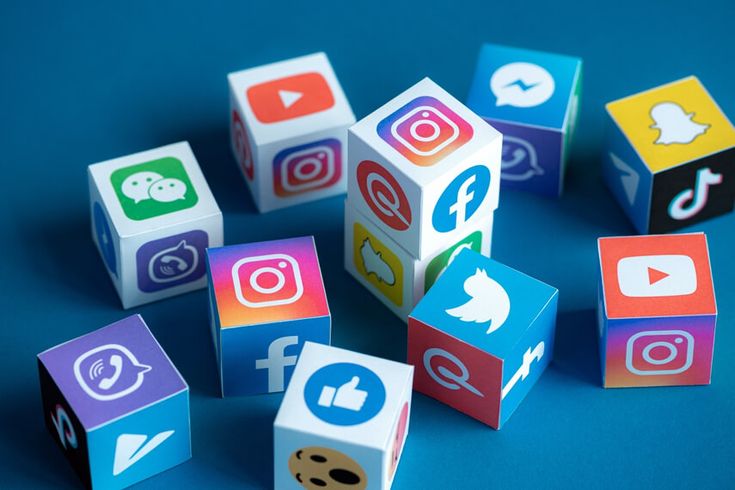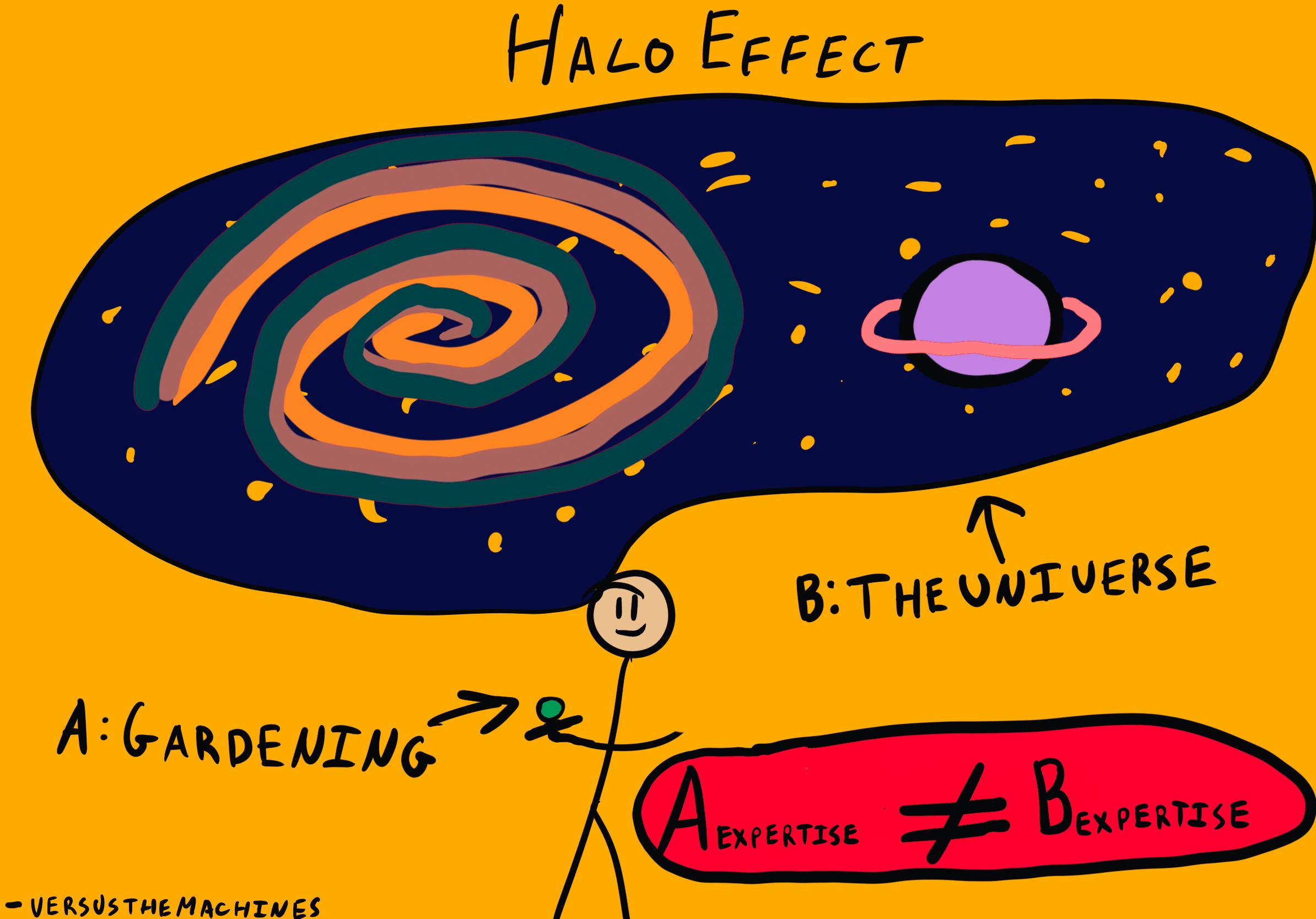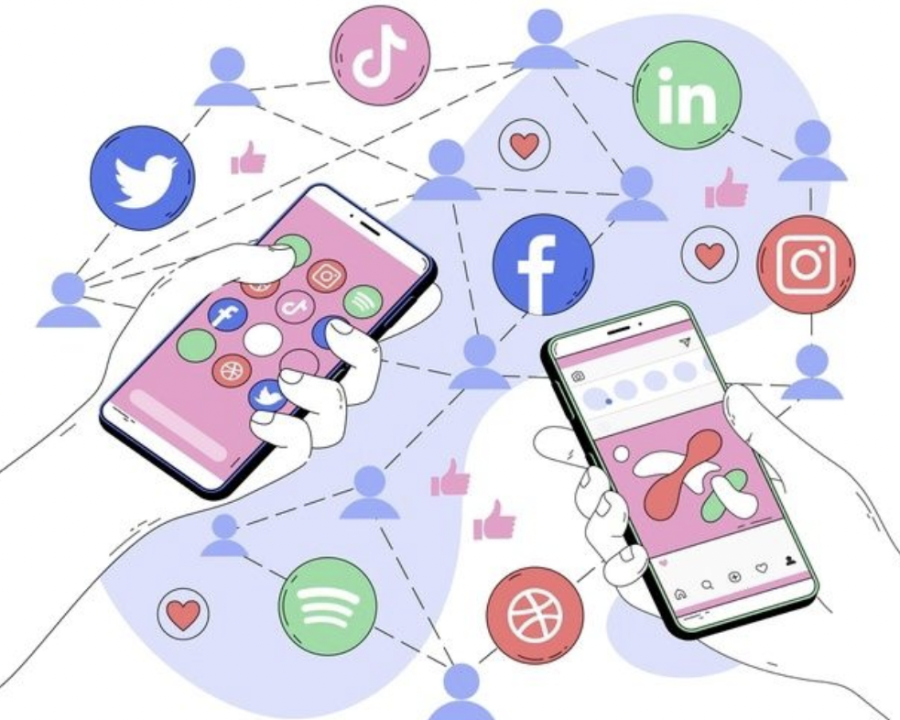With the development of communication technology, the Internet, the threshold of dissemination of information is gradually lowered, in the past, only engaged in the field of professional journalism personnel enjoy the right to speak on major social events, but now, people only need a networked device, can be on the Internet to express their opinions and comments on the pluralism of the main body of public opinion has resulted in an increase in the fragmentation of public opinion field information, making the public opinion environment more complex.

The new media thinking of some mainstream media is slow to change, still immersed in the slow pace of the traditional media era. Nowadays, some major events in society are often the first to be exposed by the public, and due to the rapidity and extensiveness of information dissemination in the new media, things will soon be fermented. If the mainstream media do not come forward in time to grasp the general direction and seize this steering wheel of public opinion at this time, then the rumours will soon erode on the network immediately. (Rosenberg,L.2022) Some so-called self-media bloggers, in order to attract eyeballs and gain traffic, make subjective views and comments on the causes of the matter as well as the parties involved based on their own subjective knowledge and understanding after the occurrence of a public event. However, in the highly virtual network society, opinion leaders with a huge fan base guiding public events will make the audience lack rational judgement in the transmission of opinions and thus become followers involuntarily. They display relatively free and diverse identities in the online world. It is also because of this virtual nature that they are more casual in controlling their roles and expressing their opinions, even ignoring the events themselves and directly venting their emotions.
The psychological explanation is that they can easily fall into the ‘halo effect’ and get lost in the mass of information, which affects our thinking. It was psychologist Edward Thorndike who first coined the term in 1920 in a paper entitled ‘Constant Error in Mental Ratings’. The ‘halo effect’ is a cognitive bias in which an overall impression of a person influences how others feel and think about particular characteristics of a person. For example, ‘He’s great!’ can affect perceptions of other specific characteristics (‘He’s smart too!’) . Perceptions of one trait can also affect perceptions of other traits. (Cherry,K.2022)
So with information overload, our brains are often in a state of overstimulation. The constant flow of information stimuli makes it impossible for us to concentrate, which leads to confusion and omission of information memory. This state of confusion can make us feel tired and irritable, which ultimately affects our decision-making ability and judgement In addition, the halo effect may also cause us to have a preference in information selection, preferring information that is simple and easy to understand. This is why some exaggerated and sensationalised headlines and content are more likely to go viral on social media, while deeper thinking and rational opinions may be ignored. Our brains tend to seek instant gratification and fragmented information rather than digging deeper into the essence of an issue.

The halo effect is a common problem when there is information overload. We can cope with it by sifting through information, thinking deeply, assisted by technology and paying attention to our mental health so that we can maintain clear thinking and make informed decisions. In this way, we can benefit from the information explosion and realise our potential!
Reference
Cherry, K. (2022). What Is the Halo Effect? [online] Very Well Mind. Available at: https://www.verywellmind.com/what-is-the-halo-effect-2795906 [Accessed 17 Nov. 2024].
Rosenberg, L. (2022). The Problem with Social Media Is Not Content but Its Distortion of Reality. [online] Big Think. Available at: https://bigthink.com/the-present/social-media-distorts-reality/ [Accessed 17 Nov. 2024].


Hi, shiyi! You did a great job explaining information dissemination characteristics in the new media era and its impact on public opinion.
The explosion of information, while it has brought convenience, has also led to a decrease in people’s judgment and emotion in the current Internet age and the spread of unverified rumors on the Internet. Therefore, by sifting through information, thinking deeply, using technology wisely, and paying attention to mental health, it is possible to maintain clear judgment in a complex information environment. Fragmented information emerges in an endless stream, reminding us to support independent thinking and not blindly follow the trend of public opinion in the face of massive information. So, how do you think individuals can enjoy the convenience of the information explosion while maintaining critical thinking and avoiding the trap of cognitive biases such as the halo effect?
In general, you are doing a good job, and after reading your article, I also reflected on myself, absorbing so much fragmented information every day, causing the brain to become difficult to discern rumors on the Internet.
Hi Shiyi!
I find the link between cognitive bias and the huge increase in sensational content on social networks particularly interesting and striking, through the different waves of opinion. But i wonder, how do algorithms influence the role of education in relation to engagement. I think you’ve done a good job of representing how social media renovates public opinion with the “halo effect”. It’s a good analysis overall and above all an essential subject these days. Good job!!
It chimes in line with the “spiral of silence” concept, whereby persons cannot say anything from a minority perspective out of fear of seclusion. This, in social media communication, will amount to allowing only majority speeches to have a place-thereby fragmenting public discourse increasingly.
I really liked the way you explored how information overload affects our thinking and decision-making. The explanation of the halo effect was perfect, and your examples made it really easy to connect with. You mentioned the need for deeper thinking and being mindful in the face of constant information. I think it’s a much-needed reminder, especially in today’s digital age. In general, your blog does a really great job!
The current complex public opinion environment and fragmented information field leads to individuals are able to express their opinions and comments on the Internet. It is noteworthy that you have raised the issue of information disorientation of individuals under the halo effect based on the consent created by social media. Your analysis of information overload in social media further made me fully aware of the impact of information fragmentation and information overload on our decision making and judgement. It is worth noting that the current dissemination of information in social media affects the process of thinking about the nature of problems to a constant extent. Your article has provided me with a new perspective in understanding information overload on the internet by analysing the halo effect. Your article further revealed to me that we need to maintain our rationality in the information overload environment of the Internet and strengthen our ability to sift through information on the Internet and social media by exploring the nature of the problem. In this information overload and fast paced society, understanding the halo effect and judging issues is an important way for us to grasp the nature of events. Thank you very much for your article for my understanding of fast-paced social media and my thoughts on information sifting. All in all, your article provides a unique perspective on analysing creation in social media! Good job!